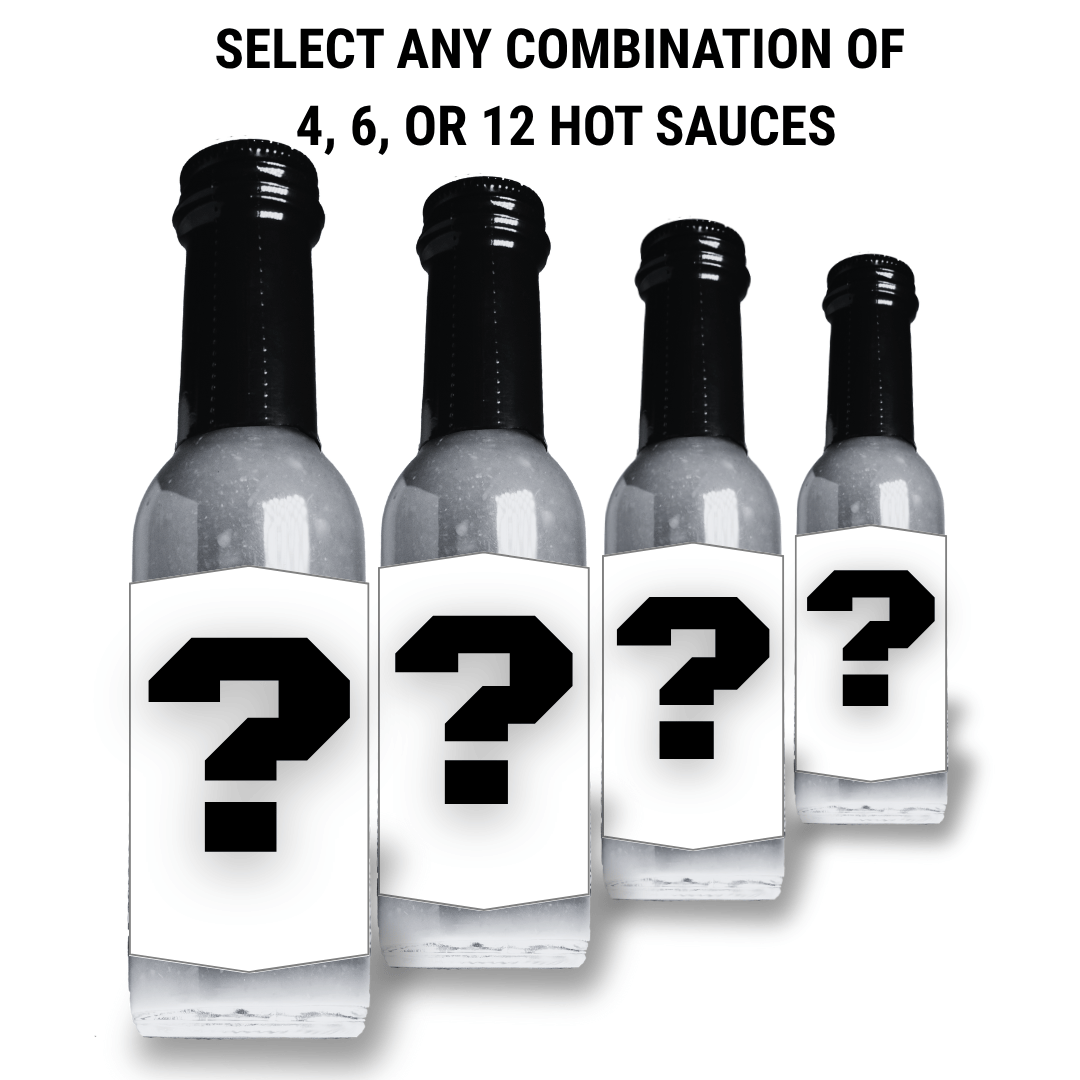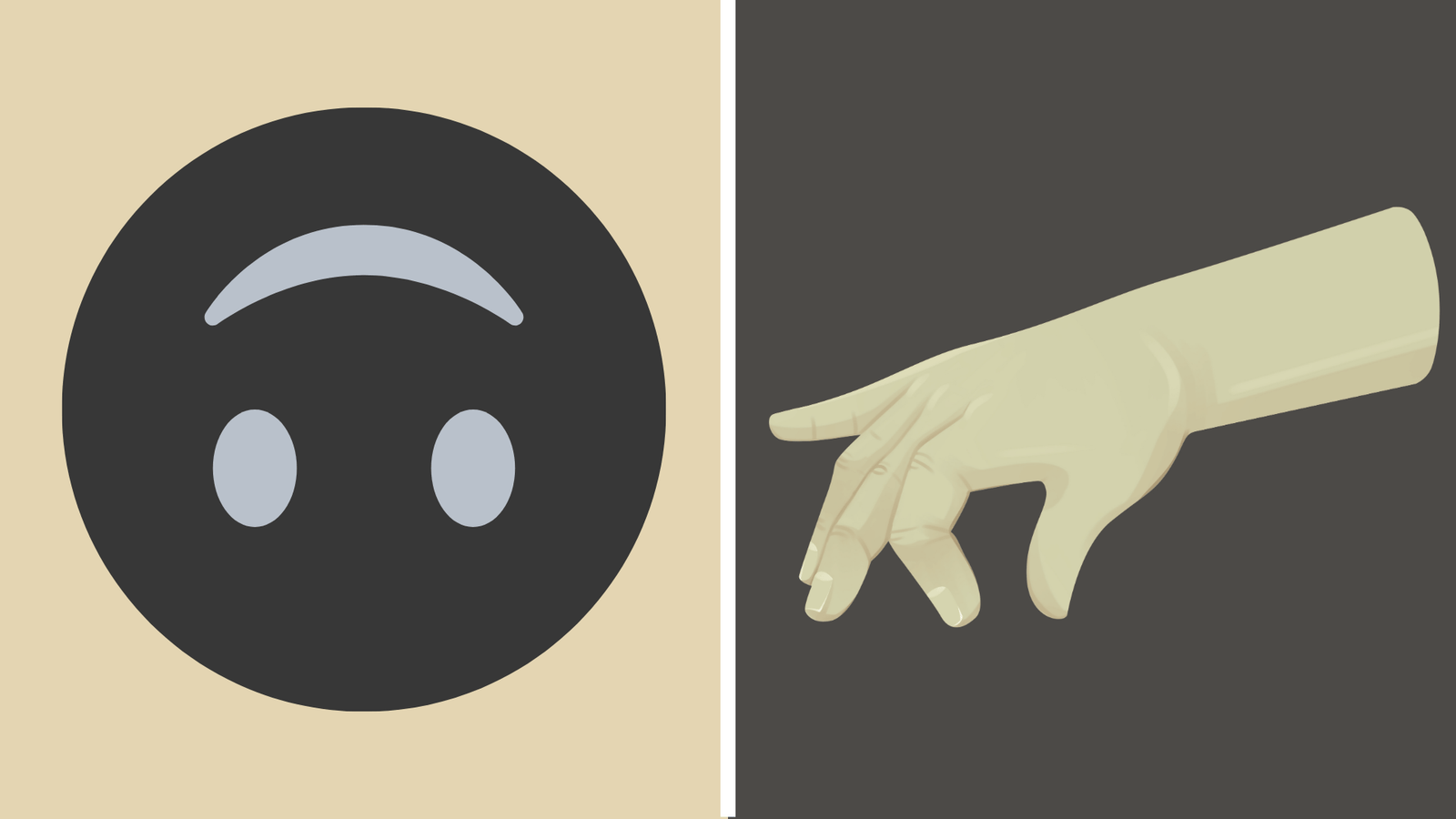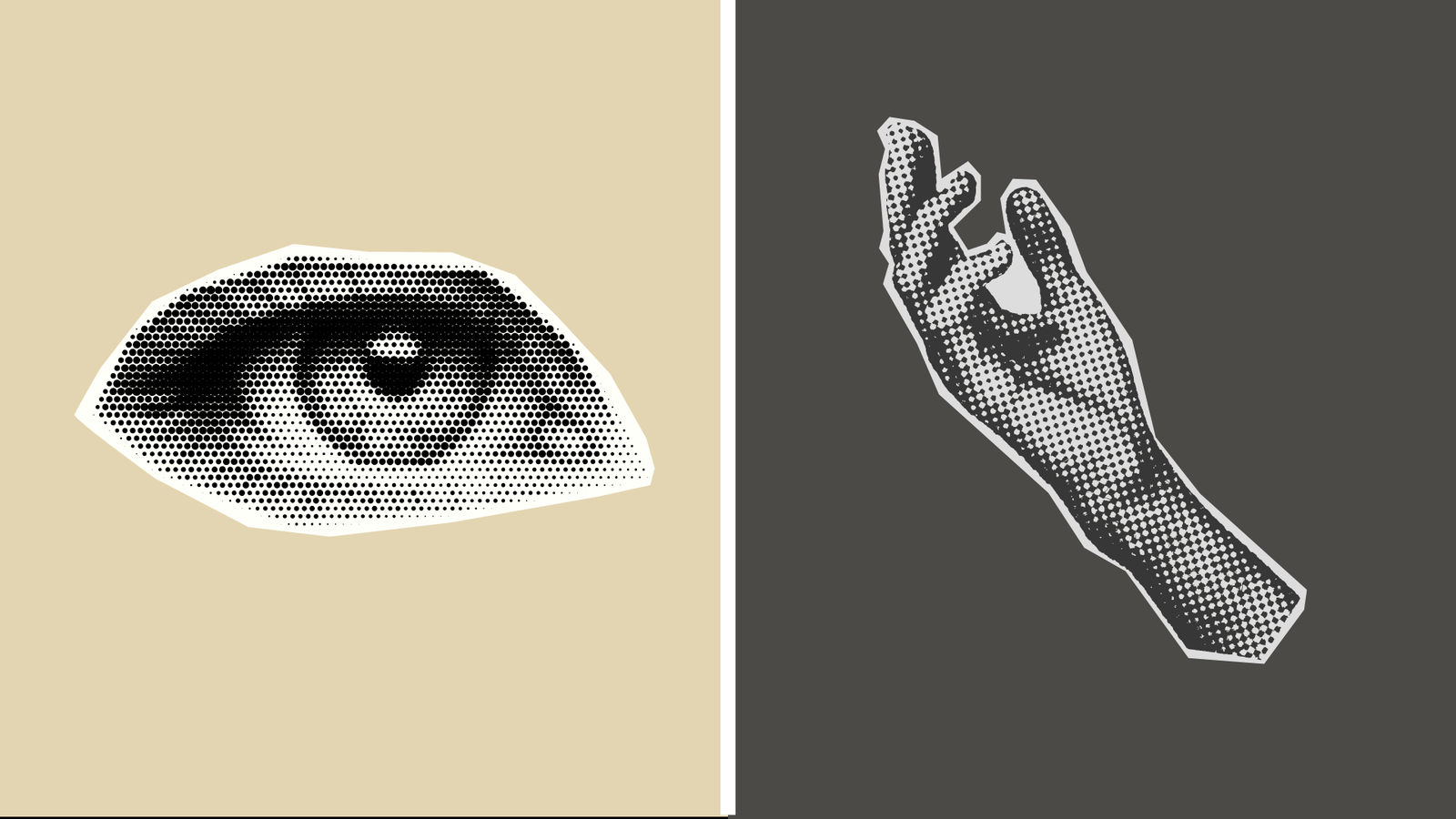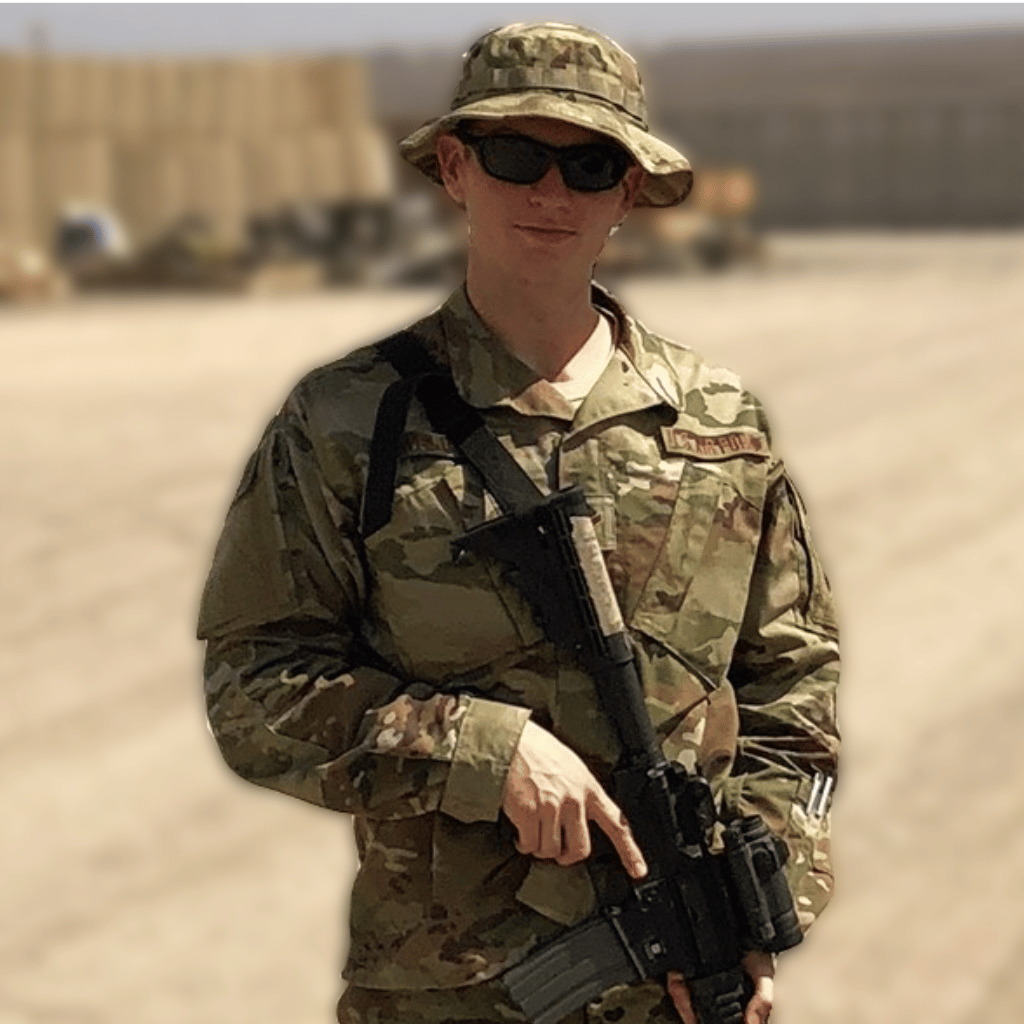Look, life’s f**king hard. Between the job, the existential dread, and your mother-in-law’s meatloaf (which might actually be a cry for help), there’s a good chance you’ve considered therapy.
Maybe you haven’t pulled the trigger yet because you’re picturing some clipboard-wielding stranger in a cardigan nodding silently while you spill your guts. Or WORSE someone who throws therapy-speak at you like a spiritual dodgeball game.
I'm here to tell you: It doesn’t have to be like that.
Finding a good therapist is like finding the right pair of boots; snug, dependable, and not full of sh*t.
So let’s cut through the B.S. and break it down.
Disclaimer:I am not a trained therapist nor do I claim to be. The opinions provide below are mine and do not reflect those of 13 Stars Hot Sauce. This blog post is part of my mental health series of posts aiming at demystifying it all and making it readable for the average layman.

First: Yes, Therapy Is for You
Therapy isn’t just for people who cry during Pixar movies or have a subscription to crystal-of-the-month clubs. Therapy is for humans; the overwhelmed, the overworked, and the “I’m fine” liars.
It’s a place to unpack the garbage your brain has been hoarding. That breakup I swore didn’t affect me? Still there.
That time my dad said “you throw like your sister”? Yeah, my ego still remembers.
Talking to a trained professional is like getting an oil change for your brain. It doesn’t mean you’re broken. It means you give enough of a damn about your life to want to drive smoother.
Just like you go to a mechanic to get your oil changed. Who would you trust to get your head right? The professionals.
But just like mechanics I had to learn to sort through the bulls**t and start asking the right questions to find one that resonated with me.
I go more into depth in this blog post here.
Why I Even Bothered With Therapy in the First Place
Let’s get one thing straight:
I didn’t walk into therapy thinking I was about to be saved by some enlightened Yoda in loafers.
I did it because I was tired of white-knuckling my life.
I had unresolved crap; trauma, stress, the kind of existential dread that makes you stare at ceiling fans for hours. And no amount of pushups, journaling, or whiskey-fueled porch talks was cutting it anymore.
I realized I was treating emotional wounds the way most dudes treat sports injuries: ignore it until it either goes numb or falls off.
Turns out, that’s a terrible strategy for anything involving the human brain (or for that matter, sports as well).
Therapy, as it turns out, is just guided self-work.
It’s like having a spotter for your mental bench press. It doesn’t do the heavy lifting for you, but it sure as hell helps you not drop the bar on your face.

So, How the Hell Did I Find the Right One?
1. Don’t Date Your Therapist; BUT You Do Need Chemistry
Finding a therapist felt like trying to find a decent avocado at the grocery store; looks fine from the outside, but somehow it’s always either rock-hard or brown mush inside.
I’ve been through the awkward first sessions, the mismatched personalities, and the “holy crap, this person might actually be crazier than me” moments.
But after months of trial, error, and emotional heavy lifting, I finally found one who didn’t totally suck.
So here’s what worked for me (and what didn’t) when I went searching for someone to help untangle my brain without making me want to fake my own death halfway through a session.
I had to learn to ask myself:
-
Are they actually listening? Or are they just pushing their agenda?
-
Do they talk like a real person, or like an automated mindfulness app?
-
Do you feel like you can be honest? even about the ugly stuff?
If not, swipe left and move on.
I got the feel for them in about 3-4 sessions if they were going to work for me or not.
The majority of the breakthroughs happened was when I was willing to admit the ugly truths about myself, my past, and none of that would have been possible if I felt uncomfortable around my therapist.
I went from being defensive and closed off to wanting to share with them as I learned to TRUST them and the process.
2. Knowing What I Wanted (Kind Of)
I initially just shot from the hip and paid for several therapist sessions that were a complete waste of both of our times.
I had no idea there were differenttypes of therapy.
It’s like ice cream; everyone says “I like ice cream,” but there’s a BIG difference between vanilla bean and rocky road.
Cognitive Behavioral Therapy (CBT)
CBT was my bootcamp. It taught me how to stop thinking every small inconvenience meant the world was ending.
Basically, it’s mental reprogramming.
“Oh, you think you’re worthless? Cool, that's not helpful. Let’s challenge that thought and replace it with something less self-destructive.”
Psychodynamic Therapy
This one’s for those who love a good emotional excavation. It’s about exploring your past to see why you keep repeating patterns.
Think of it as detective work (except you’re both the detectiveand the suspect). This allowed me to bring my subconscious to my conscious in an objective environment.
EMDR and Somatic Therapy
These methods helped me process trauma that talking alone couldn’t touch. EMDR is specifically tailored to processing traumatic moments and in your life and allowing you to leave them behind. They become some that happened rather than something that controls you.
This specialty was the one that helped me the most but was the most intensive and required the most 'homework' prior. I plan to write a first hand experience of my EMDR treatment as it was that profound of a modality.
I can't recommend it enough.
Now these aren't an exhaustive list of all of the different specializations out there just what worked best for me and my specific sh*t that I needed to unpack. I plan to go more in depth about each of these and share some of my 'ah-ha!' moments.
3. What Those Fancy Letters Actually Mean (And Why You Should Care)
LCSW, LMHC, PsyD, LPC… it’s like therapist alphabet soup.
Here’s the secret: the letters don’t matter as much as the person.
Some of the most effective therapists I met weren’t the ones with the flashiest credentials; they were the ones who listened without judgment and didn’t treat me like a f**king case study.
Also, if your therapist starts making it about them or tries to sell you crystals mid-session… it’s time to ghost.

What If It Sucks?
Good. You’re paying attention.
I found If it’s not clicking after a few sessions; tell them! Therapy isn’t a hostage situation. You’re allowed to say “this isn’t working” and bounce.
And don’t quit therapy altogether because one person didn’t get you. That’s like swearing off tacos because Taco Bell gave you food poisoning. You just need better tacos. (And a better therapist.)
One session didn't solve all of my problems. I went in for my first ever therapy session, talked for about 2 hours, and then I called it quits.
I told myself, "Ah, that is enough let's check back in 2 months."
Bad call. Really bad call.
What I should have done was transition over to a regular therapist ASAP on a weekly basis given my circumstances. The cumulative effect of navigating the changes therapy can bring about goes beyond the session itself.
The real work happens outside of the session.
Trust me therapy is hard f**king work.
And what I wish I knew was that therapy only works if I was willing to show up (mentally and emotionally). I couldn’t just “talk it out” once every now and then and expect miracles.
1. Where I Actually Found a Good Therapist
Forget TikTok “therapist recs.” I found mine onPsychology Today after what felt like speed-dating profiles of people who all described themselves as “empathetic” and “warm.”
Pro tip: every therapist says they’re warm. What you want is someone whose profile feels human, not like it was written by ChatGPT on Xanax.
Also, asking friends helped. BUT only when I trusted they actually had good taste in people (looking at you, Brad).
2. How I Learned to Read Therapist Bios Like a Pro
Here’s how I figured out whoNOT to call:
Anyone who said “I specialize in everything.”
Nope. You can’t be a trauma expert, marriage counselor, and pet grief specialist all at once. Pick a lane, Karen.
Instead, I looked for specific keywords that matched my needs; like “veterans,” “trauma recovery,” or “men’s emotional health.” The ones who knew their lane were usually the ones who knew their sh*t.
3. What I Did When It Didn’t Work Out
Not every therapist I met was a good fit. And ending it felt like breaking up with someone after two coffees. I initially felt weird about it. like I was letting them down.
But here’s what I learned: if you’re not vibing after 2–3 sessions, it’s okay to bounce.
You don’t owe loyalty to someone who isn’t helping you grow.
One guy kept trying to make everything about my childhood. Look, I get it, mom and dad are part of the equation; but I came in to talk about burnout, not why I didn’t get a Power Wheels at age six. Another therapist nodded so much I thought their head might fall off. It didn’t feel like a conversation. It felt like a weird therapy-themed improv class.
So I bailed. Politely, respectfully. “Hey, I don’t think this is the right fit for me. I appreciate your time.” Boom. Done. No drama. Just clarity. You’re allowed to choose who walks through the fire with you.
4. What Made Me Know It Was the Right Therapist
I saw a few therapists before I found “my person.”
The first one was a good listener but stared at me like I was a lab rat.
The second one kept asking if I had “tried essential oils.” (I had. On steak.)
It wasn’t until the third or fourth that I finally felt like I could exhale.
What made it click?
First, they didn’t flinch when I talked about the dark stuff. No platitudes. No “oh wow.” Just calm, grounded responses that didn’t feel like they were reading from a script. They didn’t try to fix me; they helped me understand myself.
They didn’t throw labels at me; they asked questions that made me stop and think.
Also? They were real. They had a sense of humor. They swore occasionally. They weren’t trying to be the Buddha on the mountain; they were just someone who gave a damn and knew how to listen between the lines.
I knew I found the right person when I left a session feeling seen but not pitied. Pushed but not judged.
Like I had just leveled up; not because someone told me to, but because I chose to.

What the Hell Do You Talk About?
If your anything like me and your idea of deep conversation is putting on a mask of humor and sarcasm to avoid emotions, the first session might feel awkward. That’s okay. I started with the basics:
-
Why I came in in the first place
-
What’s been weighing on me
-
What I want to feel less of (anxiety, anger, aimless scrolling)
-
What I want to feel more of (peace, confidence, the will to fold laundry)
And if I didn’t know? I just would say that. Therapists are pros at helping you get to the root without making you feel like a mess. You just have to show up (both mentally, emotionally, and physically).
A lot of the time I would start on a topic that was bugging me up then after we unpacked it together we got the root cause of the issue rather than just the surface emotional reaction.
1. The First Session: AKA The Awkward Coffee Date
This was the big one. What do you even say in therapy? I half expected the therapist to break out a clipboard and demand, “Tell me your darkest secret.” Instead, they asked, “What brought you here today?” And I froze like a kid caught sneaking a beer.
My first session was like an awkward first date where I accidentally overshared about my childhood within the first ten minutes.
I learned quickly that I needed to set the stage to make sure we were both on the same page (which is easier said then done).
So I started small:
“I’m exhausted all the time.”
“I feel angry and I don’t know why.”
“I’ve been avoiding people I care about.”
That was enough. From there, the conversation built naturally. Sometimes we dug deep, other times we just unpacked the week’s bullshit. No pressure. No gold stars for emotional vulnerability. Just honesty.
Here are some of questions that helped me most:
-
“How do you measure progress?”
-
“What kind of clients do you work best with?”
-
“How do you handle people who don’t trust/open up easily?”
If they stumbled on those, I knew we weren’t going to vibe.
Therapy only worked for me when I felt safe being honest.I paid close attention to my gut:
- Do I feel heard? Respected? Or like I'm being analyzed under a microscope
If my body felt tense or uneasy every time I saw them; I knew it was time for me to move on.
Trust that instinct.
2. Online vs. In-Person: My Honest Take
Online therapy was a game changer during my “can’t-put-on-pants” phase.
It’s convenient, flexible, and works great for introverts or people who live in the middle of nowhere.
Certain specializations such as EMDR is mandatory to be in person.
But in-person sessions hit differently. Sometimes, sitting across from someone forces you to show up more authentically. I mix both now; it’s like hybrid work for your emotions.
Final Thoughts (and a Slightly Aggressive Pep Talk)
If you’ve been thinking about therapy but keep putting it off because it’s “not that bad yet” Congrats! you’re human.
But waiting until your life is in flames to call the fire department is a bold strategy, Cotton.
Therapy isn’t a magic fix. It’s not always fun. But it’s real, and it only works if you do. Finding the right therapist is like dating, but with less ghosting and more emotional unzipping.
Be patient. Be picky. Be honest.
Because I knew that I deserved to feel better. And more importantly, I deserve to understand why I feel the way I do, and what to do with it.
Start somewhere. Talk about anything. Say the thing you’re afraid to say. That’s where the good stuff starts.
Now go unf*ck your brain. You’ve got this.
🗒️ Resources
-
Wounded Warrior Project
- Great for all around resources for veterans - was really great opportunity for me to get my head on right in an all around holistic approach
- Also great way to start building a community!
-
Psychology Today
- Where I found my therapist(s)
-
EMDRIA
- Where I found my EMDR Therapist
- I plan to write more about my experience with EMDR in another blog post and will update this one once I do
Recommended Reads
- Struggle Well: Thriving in the Aftermath of Trauma
- The Body Keeps the Score: Brain, Mind, and Body in the Healing of Trauma
- The Let Them Theory: A Life-Changing Tool That Millions of People Can’t Stop Talking About





